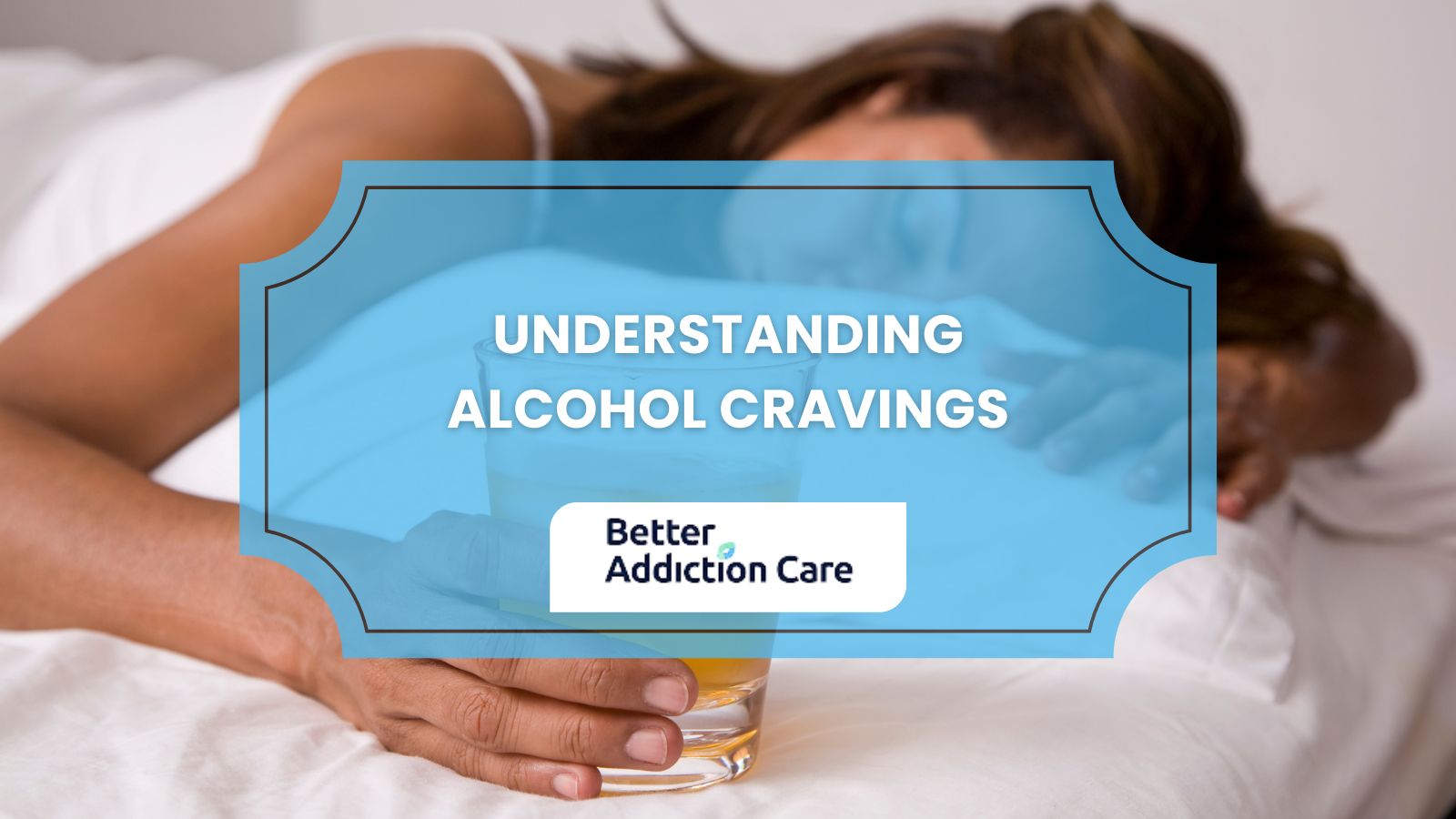Alcohol Use and Health Risks
Alcohol is central to many cultures and social events. Even though a little alcohol may seem harmless, it's important to understand the risks that too much alcohol over time can have on our health.

Around 5% of all deaths worldwide result from alcohol misuse; that's 3 million deaths a year. In the U.S., too much alcohol contributes to many of the leading causes of death for adults 20-64, including heart disease, cancer, accidents, and liver problems.
In this article, we'll talk about the health downsides of alcohol use.
Alcohol Drinking Levels. Is There a Safe Amount?
In the United States, a standard drink contains 14.0 grams of pure alcohol. Typically, one finds this amount of pure alcohol in:
-
12 oz. of beer.
-
8 oz. of malt liquor.
-
5 oz. of wine.
-
1.5 oz. of hard liquor.
According to the Dietary Guidelines for Americans, moderate drinking is defined as 2 drinks or less per day for men and 1 drink or less per day for women. At these levels, the risk of health problems is low.
Binge drinking is 5+ drinks on one occasion for men and 4+ for women.
The National Institute on Alcohol Abuse and Alcoholism (NIAAA) defines heavy drinking as follows:
-
For men, consuming 5 or more drinks on any day or 15 or more per week
-
For women, consuming 4 or more drinks on any day or 8 or more drinks per week
Although binge drinking and heavy drinking fall under the category of alcohol misuse, and this is typically related to increased risk for physical and mental health issues as well as social consequences, current research indicates no level of alcohol consumption is safe when it comes to human health.
Some people should not consume alcohol under any circumstances, including those who are:
-
Pregnant or may be pregnant.
-
Driving, planning to drive, or participating in other activities requiring skill, coordination, and alertness.
-
Taking certain prescription or over-the-counter medications that may interact with alcohol.
-
Have certain medical conditions.
-
Currently recovering from an alcohol use disorder or are unable to control the amount they drink.
Short-Term Health Risks
It’s common knowledge that using alcohol for a long period can have negative effects on your body. However, there are also significant short-term health risks, usually from binge drinking episodes.
The biggest risk is developing alcohol poisoning, which is a medical emergency where alcohol levels soon surpass the body’s capacity for processing them, leading to coma or death.
Other significant health hazards include:
-
Accidents and injuries, such as car crashes, falls, drownings, and burns.
-
Risky sexual behaviors, including unprotected sex or sex with multiple partners, can result in unplanned pregnancy and sexually transmitted infections (STIs).
-
Different levels of violence, including severe violence that can turn into dangerous situations.
Long-Term Health Risks
Several physical and mental health issues can develop from prolonged alcohol use and abuse. Alcohol consumption affects practically all systems in the body.
Alcoholic Liver Disease
When the liver is exposed to too much alcohol, over time, damage such as steatosis or fatty liver disease, steatohepatitis, and fibrosis can occur, eventually leading to cirrhosis.
Cirrhosis complications can be fatal, often due to increased pressure within the liver's veins, resulting in problems such as ascites or varices, which can lead to severe bleeding.
Abstinence can help the liver recover from steatosis, improve survival rates, and stop more liver damage in cirrhosis patients.
Cardiovascular System
Excessive and long-term drinking directly affects blood vessels and myocardium, increases cholesterol and serum triglyceride levels and increases the risk of thrombosis. Even when used in small amounts, it can have severe consequences for cardiovascular health and increase the risk of heart disease, stroke, arrhythmias, cardiomyopathy, and heart failure.
Acute and Chronic Pancreatitis
After gallstones, alcohol is the second-most common cause of acute pancreatitis and the leading cause of chronic pancreatitis.
Gastrointestinal Tract
Alcohol can damage the mucous membranes lining the esophagus, stomach, and intestinal tract, leading to inflammation.
It can also increase your risk of gastroesophageal reflux disease.
Immune System
Heavy drinking can weaken your body’s ability to fight infections, impair wound healing, and potentially increase the incidence of wound infection.
Pulmonary System
Long-term alcohol abuse increases the risk of lung infections, especially pneumonia, with a strong dose-response and Acute Respiratory Distress Syndrome (ARDS).
Endocrine System
Heavy and prolonged drinking can contribute to disturbances in the endocrine system, including diabetes, thyroid diseases, dyslipidemia, and reproductive dysfunction.
Neurological system
Heavy alcohol use damages the brain through a combination of direct neurotoxic effects, nutritional deficiencies, neuroinflammation, liver disease, and metabolic abnormalities.
Alcohol abuse can result in brain shrinkage and loss of gray and white matter, which impacts memory, learning, and behavior.
Wernicke-Korsakoff Syndrome
This is a type of dementia caused by a lack of thiamine (vitamin B1), and symptoms include disorientation, memory loss, balance and gait coordination issues, and reduced cognitive function.
Alcoholic Neuropathy
There’s long-term nerve damage due to the direct toxic effect of alcohol. This can lead to numbness, pain, muscle weakness, and unsteady walking.
Musculoskeletal System
Heavy alcohol use raises the risk for fractures, including hip and osteoporotic fractures, whereas even low levels of alcohol intake increase the odds of recurrent gout attacks.
Hematological System
Anemia, leukopenia, and thrombocytopenia are associated with excessive alcohol consumption.
Cancer
The link between alcohol and cancer is well established. The International Agency for Research on Cancer has classified alcohol as a Group 1 carcinogen. Alcohol increases your risk of several types of cancer, including liver, throat, mouth, esophagus, colorectal, and breast cancer.
Mental Health Conditions
Excessive alcohol use can have a significant negative influence on mental health. According to research, there is a clear link between increasing rates of depression and anxiety as well as a higher overall risk of suicide.
The sleep cycle is also disrupted, resulting in insomnia, nightly wakings, and poor sleep quality.
Developing dependence and an Alcohol Use Disorder (AUD) is, of course, the greatest risk if you regularly engage in heavy alcohol use.
Social Consequences
As well as having a significant impact on your health, alcohol misuse can also have long-term social implications, leading to:
-
Family breakup and divorce.
-
Unemployment.
-
Homelessness.
-
Financial problems.
-
Higher crime rates, including domestic violence, assault, and property destruction.
Tips for Lowering the Health Risks Associated with Alcohol Use
If you use alcohol regularly and are at risk of alcohol abuse, and you want to cut back or stop drinking, here are some ideas to help you lessen the health hazards linked with alcohol.
-
Limit how much you drink.
-
Know what constitutes a standard drink.
-
Avoid binge-drinking.
-
Drink more slowly and with food.
-
Alternate with water or non-alcoholic drinks.
-
Don’t drink and drive.
-
Incorporate alcohol-free days into your routine.
It’s important to be aware that deciding to cut down on alcohol, depending on your pattern of misuse, carries a risk of presenting symptoms of alcohol withdrawal.
Alcohol Withdrawal Syndrome
Stopping or severely reducing alcohol use disrupts brain function, resulting in a hyper-aroused state, and a variety of withdrawal symptoms might occur within hours of your last drink.
Many factors can influence how long and how severe alcohol withdrawal symptoms are, including how much and how often someone drinks their overall health, and their genetic makeup. Symptoms usually appear from a few hours to a few days after the final consumption and can last many days or even weeks.
Typical symptoms include tremors, sweating, nausea, vomiting, headaches, sleeplessness, and an elevated heart rate.
In more severe cases, people may have seizures, hallucinations, confusion, and even delirium tremens (DTs), a potentially fatal form of withdrawal marked by intense agitation, disorientation, and vivid hallucinations.
It is crucial to remember that alcohol withdrawal syndrome is a serious disorder that, in severe situations, may necessitate medical treatment.
Remember…
According to available evidence, misusing alcohol increases the risk of a variety of health problems. These health problems include but are not limited to liver disease, cardiovascular issues, mental health concerns, and an elevated risk of at least seven different forms of cancer. Furthermore, when we are drunk, we are more likely to be involved in an accident or suffer an injury.
Recognize that drinking affects everyone differently. Alcohol's effects on a person can be influenced by genetics, general health, and lifestyle choices. Even if you believe you can adequately regulate your drinking, this does not exonerate you of any potential risks.
The less alcohol you drink, the better your general health will be. The safest amount is zero.
If you or someone you love is struggling with alcohol use and wishes to quit drinking, help is available.
Related Articles
Treatment Centers in New Jersey










